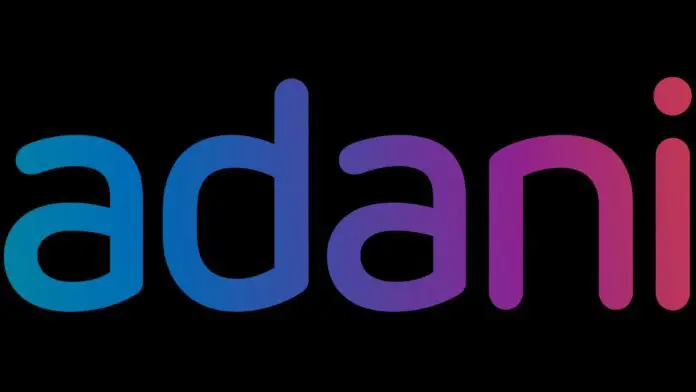
A Notice has been issued by the Supreme Court against the curative petition filed by the Gujarat Urja Vikas Ltd. against the judgment passed on 2 June 2019 regarding the termination of the Power Purchase Agreement by Adani Power.
The notice was issued by the five bench judges of the Supreme Court headed by CJI Ramana including Justice UU Lalit, AM Khanwilkar, BR Gavai, and Suryan Kant. The court observed, “As we would see it, there are significant questions of law brought up in this Curative Appeal, which requires thought.”
In the initial case, Adani power terminated the PPA with GUVL on the ground that Gujarat Mineral Development Corporation failed to supply coal. The Adani power in their support stated that an understanding was made that the supply of Gujarat Urja Vikas Ltd. is based upon the supply of coal from Gujarat Mineral Development Corporation. The liquidated damages of 25 crores charged by NGT were also paid by Adani Power.
Further GUVL approached the Gujarat State Electricity Regulatory Commission where the termination was considered illegal. The Commission also observed that the termination of PPA could only be possible when both the parties form an agreement that the default has occurred. This observation was also upheld by the appellate tribunal.
Further, an appeal was filed in S.C. by the Adani group. The Apex Court bench of Justice Arun Mishra, BR Gavai, and Surya Kant viewed that the findings of the Commission and Tribunal are incorrect and thus allowed the appeal filed by the Adani group. The court held that the compensatory tariff had to be paid to Adani as a part of economic justice as they would have incurred huge losses. A review petition was filed by the GUVL which was dismissed on 3 September by the same bench.
Hence a letter was written by the Senior Advocate and former President of Supreme Court Bar Association Adv. Dushyant Dave to the Chief Justice of India Ramana. The application alleges the said case and another case with high commercial stakes for the Adani group was irregularly listed before a particular bench in violation of Supreme Court practice and procedures.








